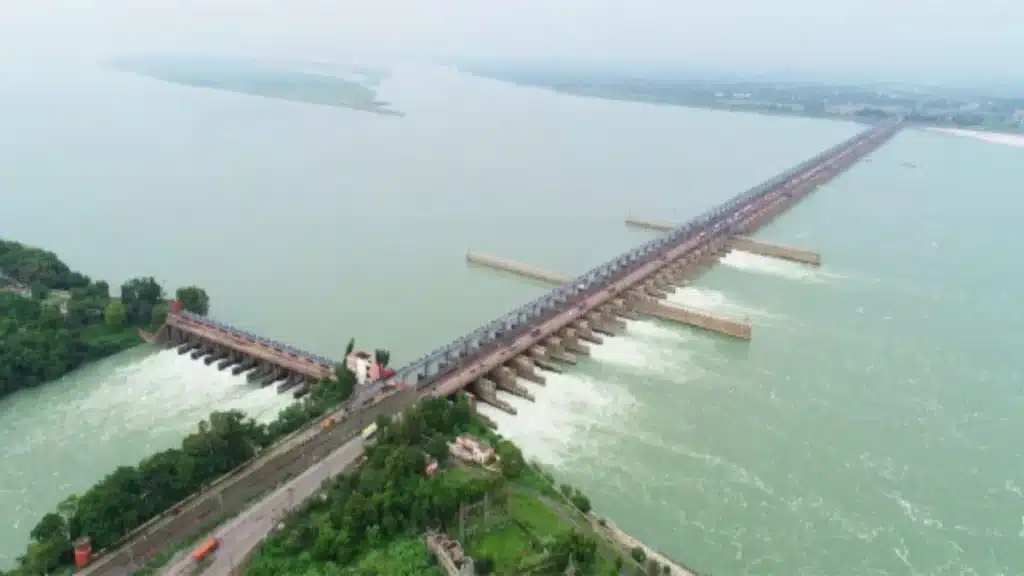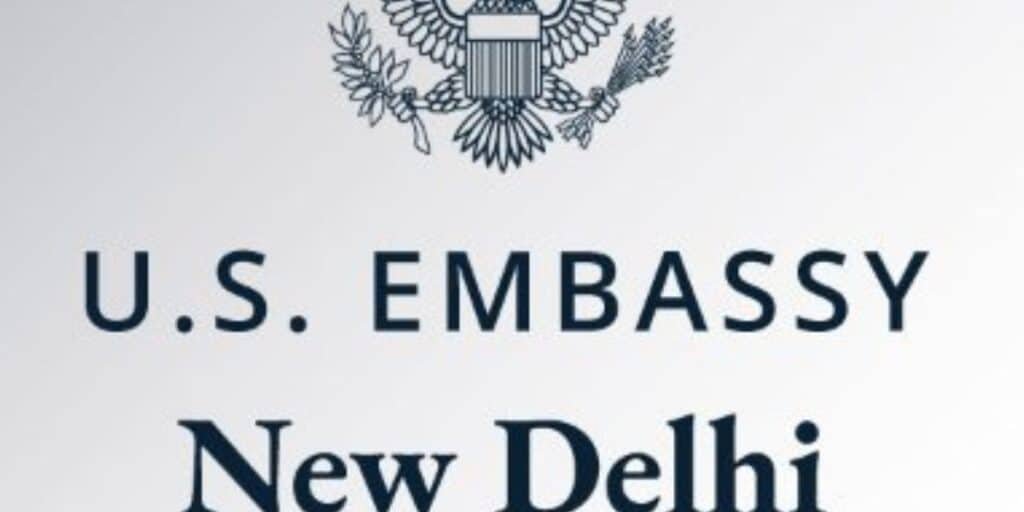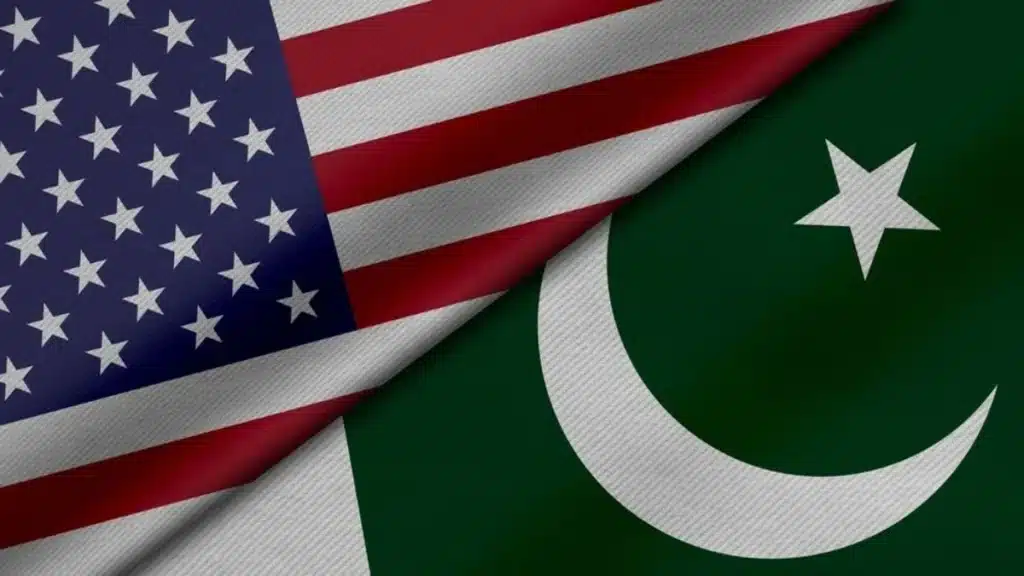Modi’s water greed crosses another line. After unilaterally suspending the Indus Water Treaty, India is now pressuring Bangladesh to renegotiate the Ganga Water Treaty—this time to serve its own interests.
India is reportedly demanding a bigger share of water for its so-called “developmental needs” and wants the new treaty to last only 10 to 15 years, far shorter than the original agreement.
When was the Ganga Water Treaty signed?
The Ganga Water Treaty, signed on December 12th, 1996, is set to expire in 2026. Now, with just over a year left, India is using its usual tactics to rewrite the terms in its favour.
India’s Ministry of External Affairs claims the current treaty has caused “slope failure, bed erosion, and heavy siltation” in the Farakka region, affecting navigation and even a thermal power plant. But observers say this is just another excuse to tighten control over shared waters.
The move has rattled Bangladesh, which already suffers from India’s upstream dominance. With this latest pressure, relations are bound to take a further hit. Modi’s government, already isolated in the region, continues to show that greed and power matter more than peace or partnership
India about Indus Water Treaty
Earlier, India’s Home Minister Amit Shah announced that the country would never revive the Indus Waters Treaty, a 64-year-old water-sharing agreement that had long stood as a rare symbol of peace between two nuclear neighbours.
Amit Shah, speaking to The Times of India, arrogantly confirmed that India had no intention of restoring the treaty, saying bluntly, “No, it will never be restored”.






